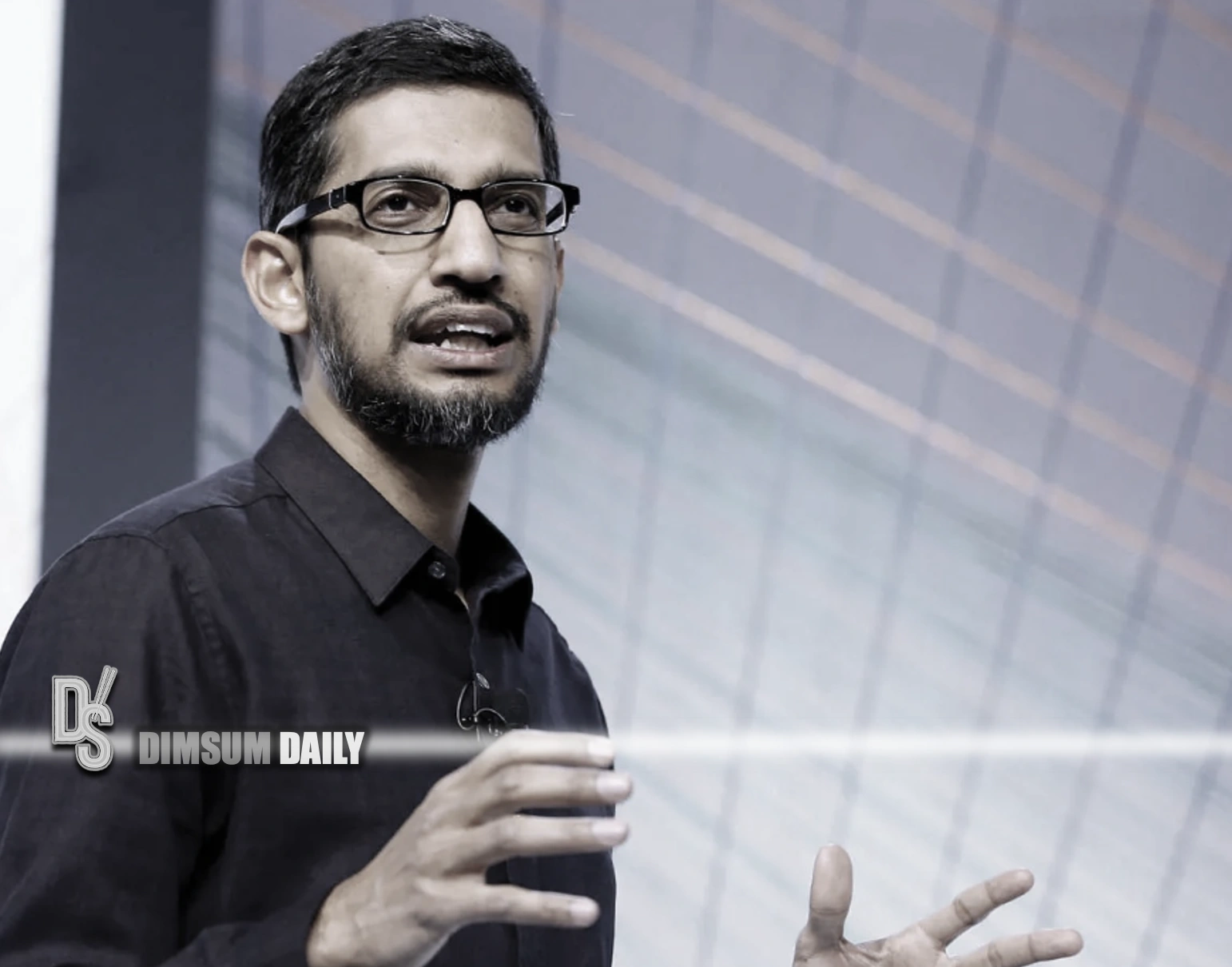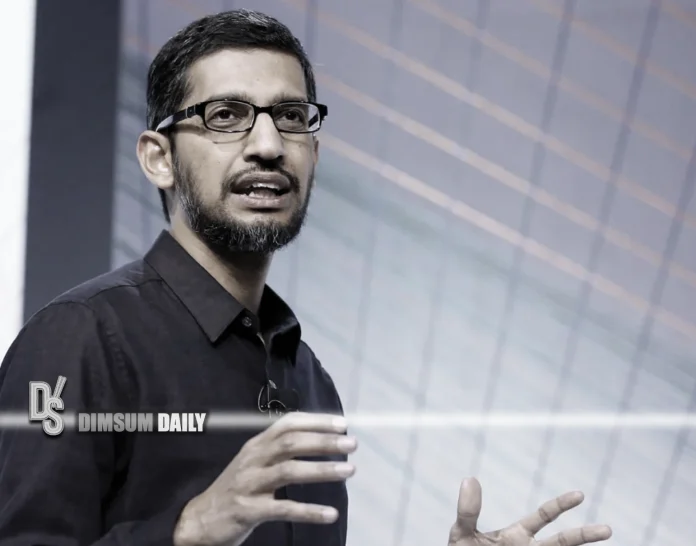18th November 2025 – (San Francisco) Alphabet chief executive Sundar Pichai has warned that no company, including Google, is insulated from a potential correction in artificial intelligence markets, even as he remains confident in the sector’s lasting economic and societal value. In an exclusive discussion with the BBC at Google’s California headquarters, Mr Pichai described the recent surge in AI investment as an extraordinary phase that also contains elements of irrational behaviour, noting that technology cycles can overshoot before settling into durable growth.
The remarks come amid intensifying scrutiny of AI valuations. Alphabet’s market capitalisation has doubled in seven months to about US$3.5 trillion, reflecting investor confidence in the company’s ability to compete with frontier models and sustain leadership across its technology stack. Particular attention is on Alphabet’s push into AI superchips positioned against Nvidia’s offerings, as well as a complex network of transactions surrounding OpenAI that some analysts argue far exceeds current revenues.
Mr Pichai drew a parallel with the internet build‑out, observing that while that era saw overinvestment, the underlying technology proved transformative. He argued that AI will follow a similar arc: long‑term fundamentals remain sound despite short‑term exuberance. He added that Google’s end‑to‑end capabilities—from custom silicon and vast data assets such as YouTube, to model development and advanced research—better position the company to manage volatility and deliver real‑world applications responsibly.
Alongside market dynamics, Mr Pichai addressed the infrastructure challenges associated with AI. Citing the International Energy Agency’s estimate that AI already accounts for around 1.5% of global electricity consumption, he called for accelerated development of new energy sources and grid capacity, including in the United Kingdom, to avoid constraining economic activity. He acknowledged that the energy intensity of large‑scale AI training and deployment may slow interim progress towards Alphabet’s climate milestones, while reaffirming the company’s objective of net‑zero emissions by 2030 through investment in next‑generation energy technologies.
Alphabet is deepening its U.K. footprint in support of the country’s ambition to be a leading AI power alongside China and the United States. The company has announced a £5 billion commitment over two years to UK infrastructure and research, including state‑of‑the‑art work at DeepMind in London. Mr Pichai confirmed Google intends, over time, to train frontier models within the U.K.—an approach aligned with policy aims to bolster domestic capability, talent, and resilience in critical technologies.
On the labour market, Mr Pichai described AI as the most profound technology humanity has developed to date. He emphasised that while transitions will create disruption, the technology will open new avenues for productivity and growth across professions. Workers who learn to apply AI tools—whether in education, healthcare or other fields—will be best placed to thrive as roles evolve rather than disappear.


